
CMMI Certification
CMMI has its roots in the Capability Maturity Model (CMM), developed by the Software Engineering Institute (SEI) at Carnegie Mellon University in the late 1980s. CMMI was created to address the need for an integrated and standardized model that could be applied to different industries and processes. The first version of CMMI was released in 2002, and it has since undergone several updates, with the most recent version being CMMI V2.0.CMMI helps organizations fulfill customer needs, create value for investors, and improve product quality and market growth. It offers two representations, staged and continuous, to guide organizations in their process improvement efforts.
Read More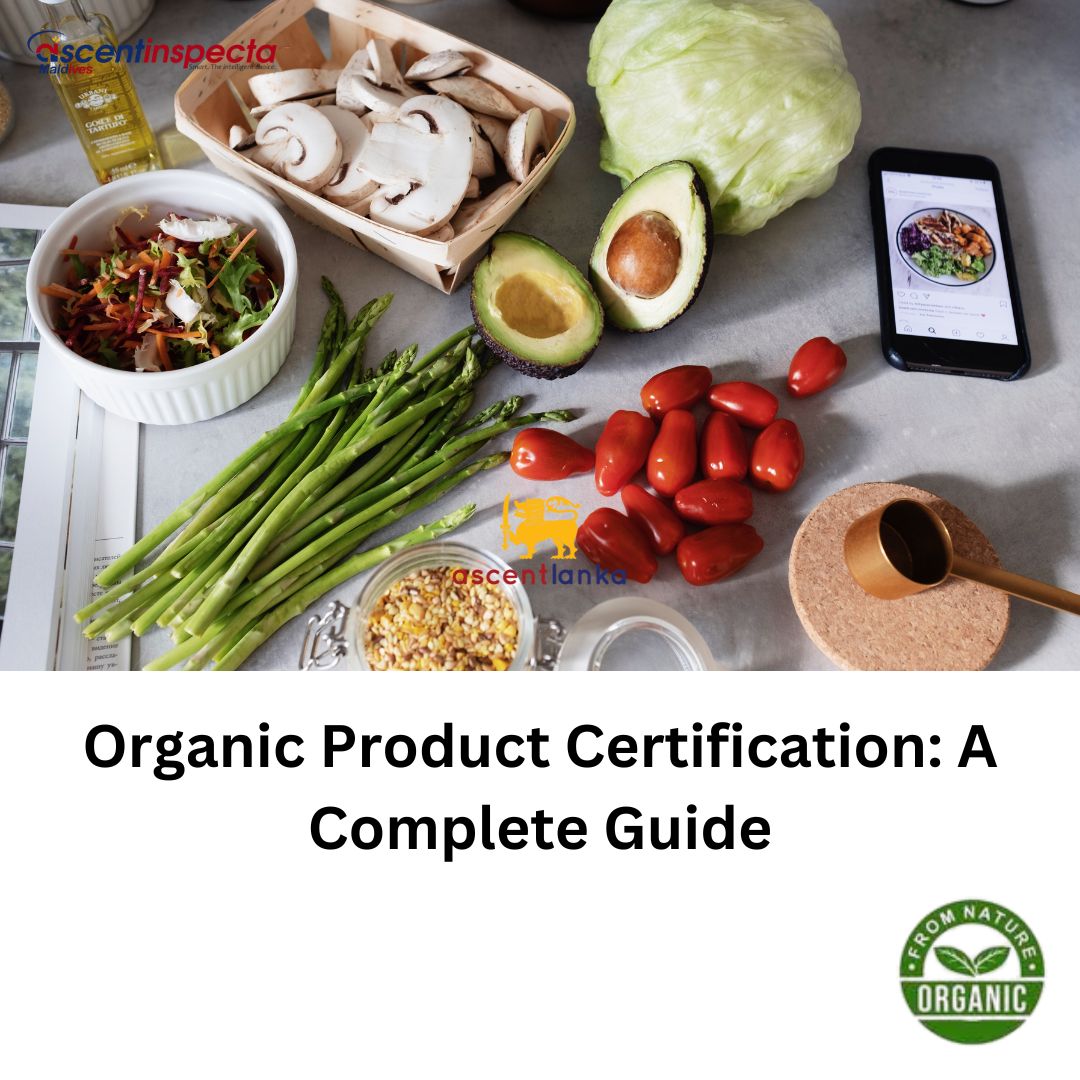
Organic Product Certification
In today’s health-conscious world, organic products have gained immense popularity. Consumers are increasingly opting for organic food, cosmetics, textiles, and other goods due to their perceived health benefits, environmental sustainability, and ethical production practices. However, to maintain trust and authenticity in the organic market, certification is crucial. Organic product certification ensuresIn today’s health-conscious world, organic products have gained immense popularity. Consumers are increasingly opting for organic food, cosmetics, textiles, and other goods due to their perceived health benefits, environmental sustainability, and ethical production practices.
Read More
BIFMA Certification
BIFMA certification is a voluntary standard that ensures office furniture meets specific safety, structural, and environmental requirements. When a product is BIFMA compliant, it signifies that it has passed rigorous testing for durability, performance, and sustainability. This certification is crucial for manufacturers, distributors, and buyers who prioritize high-quality office furniture.The BIFMA level certification is a multi-attribute sustainability standard for furniture. It evaluates products based on material selection, energy use, human and ecosystem health, and social responsibility. Companies aiming for BIFMA level certification undergo a comprehensive assessment to prove their commitment to sustainability.
Read More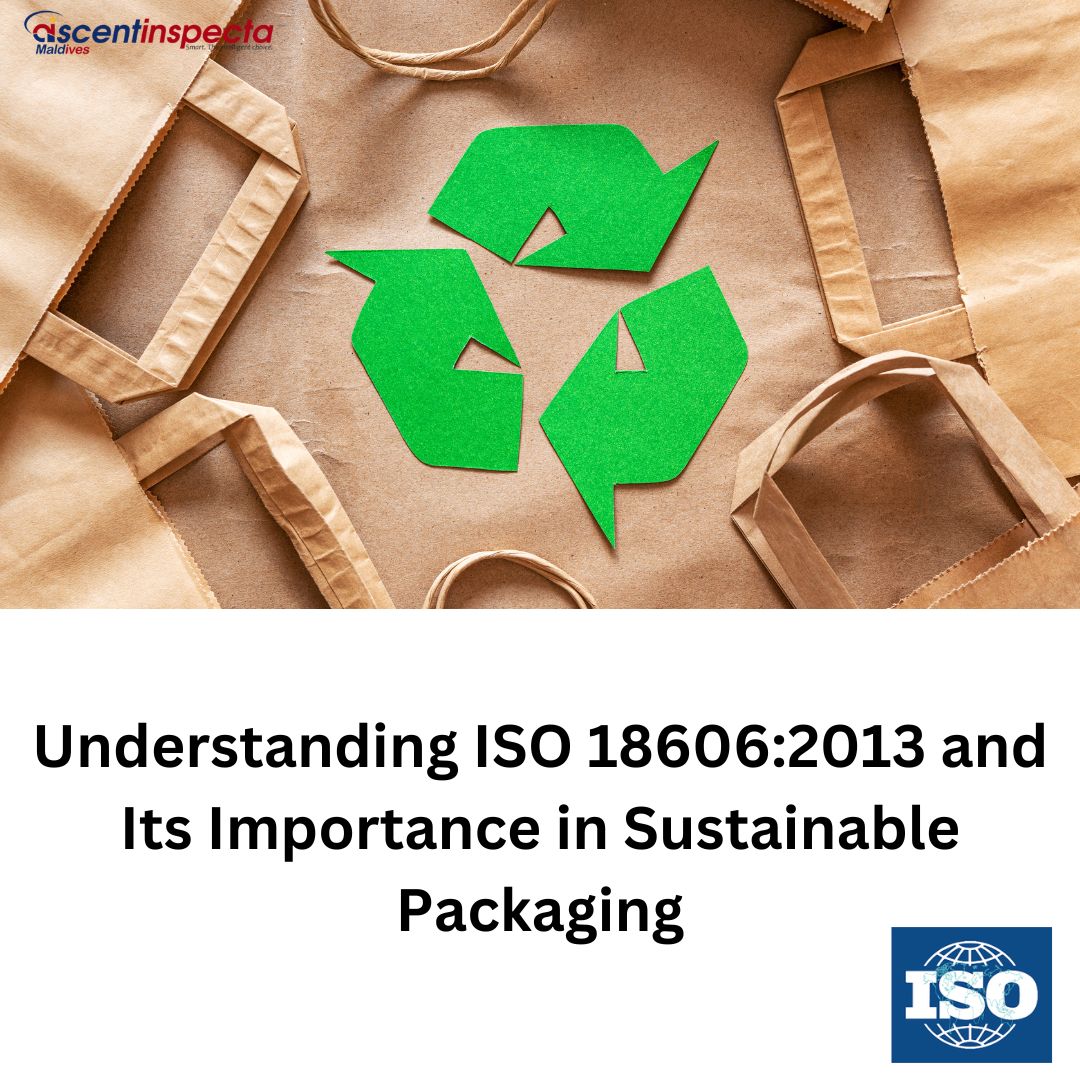
ISO 18606:2013
ISO 18606:2013 specifies the requirements for packaging materials that are recoverable through organic recycling. It establishes the criteria for biodegradability, disintegration, and environmental safety to ensure the packaging decomposes without harming the environment. This standard aligns with global efforts to promote sustainable waste management and reduce the carbon footprint of packaging.
Read More
VAPT Certification
In today's digital landscape, protecting your organization's IT infrastructure from cyber threats is crucial. Vulnerability Assessment and Penetration Testing (VAPT) is a critical security measure that identifies potential vulnerabilities in your systems, ensuring they are fortified against cyber-attacks. Achieving VAPT certification is essential for businesses looking to maintain data security, build customer trust.
Read More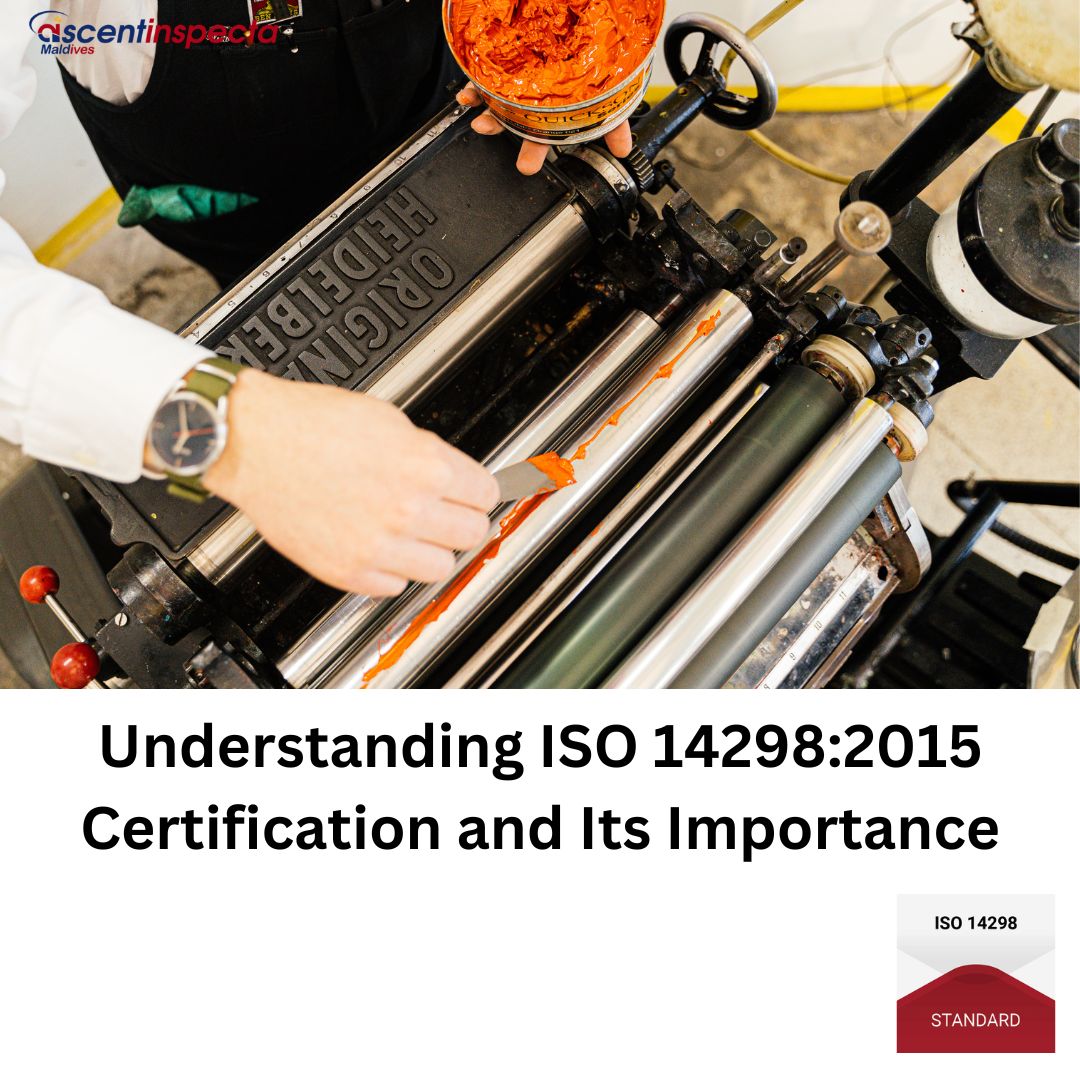
ISO 14298:2015
ISO 14298 certification is an international standard designed for organizations involved in security printing. This includes companies that produce banknotes, identity documents, tax stamps, passports, and other high-security printed materials. The standard defines stringent requirements for security management systems (SMS) to ensure the protection of sensitive production environments.
Read More
CMMI Accreditation
Capability Maturity Model Integration (CMMI) is a globally recognized framework designed to enhance process efficiency and business performance. Organizations seeking to improve.
Read More
Cybersecurity
Cybersecurity refers to the practices, technologies, and processes designed to protect networks, devices, programs, and data from unauthorized access, damage, or attacks.
Read More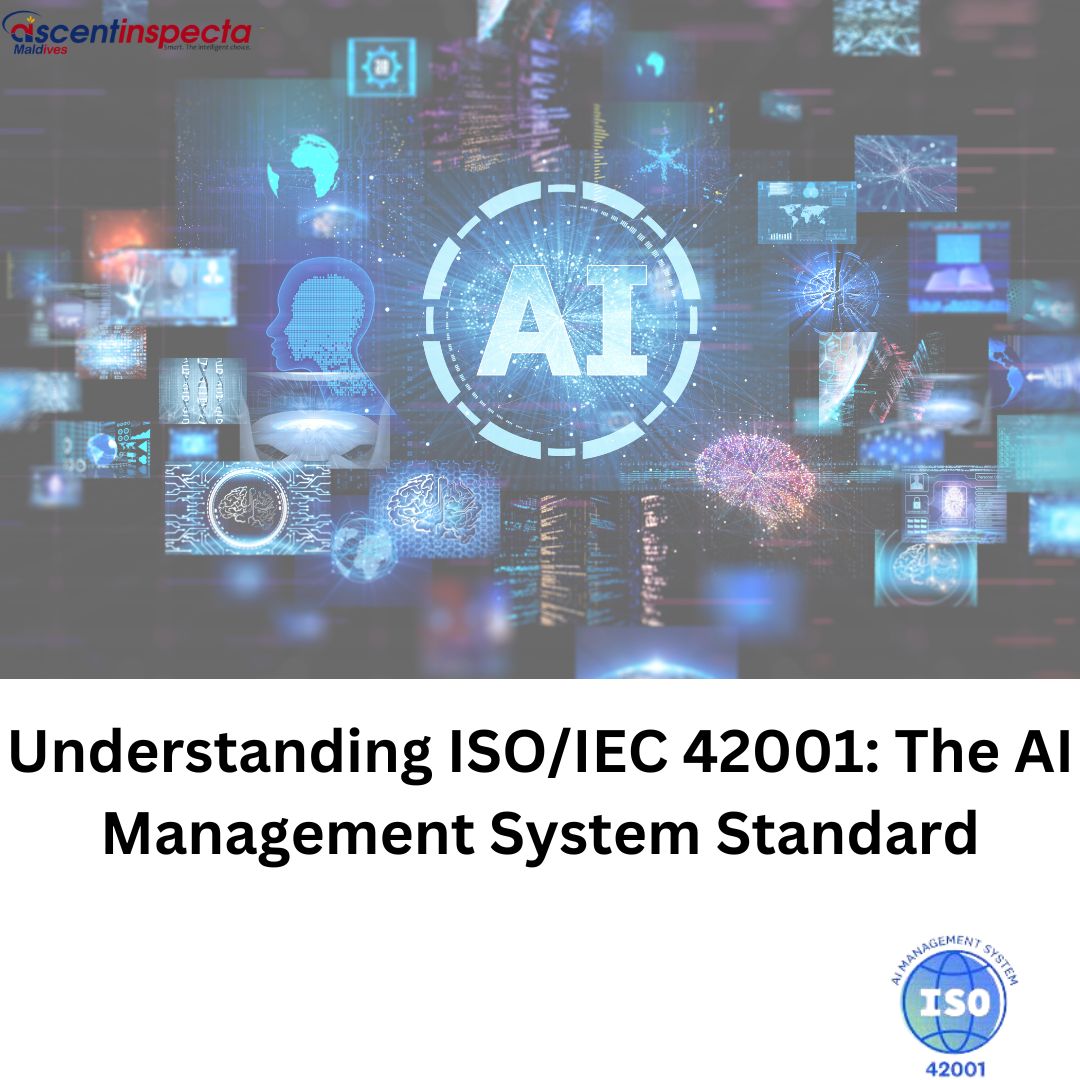
ISO/IEC 42001
ISO/IEC 42001:2023 is an international standard that provides a framework for establishing, implementing, maintaining, and continually improving an Artificial Intelligence Management System (AIMS).
Read More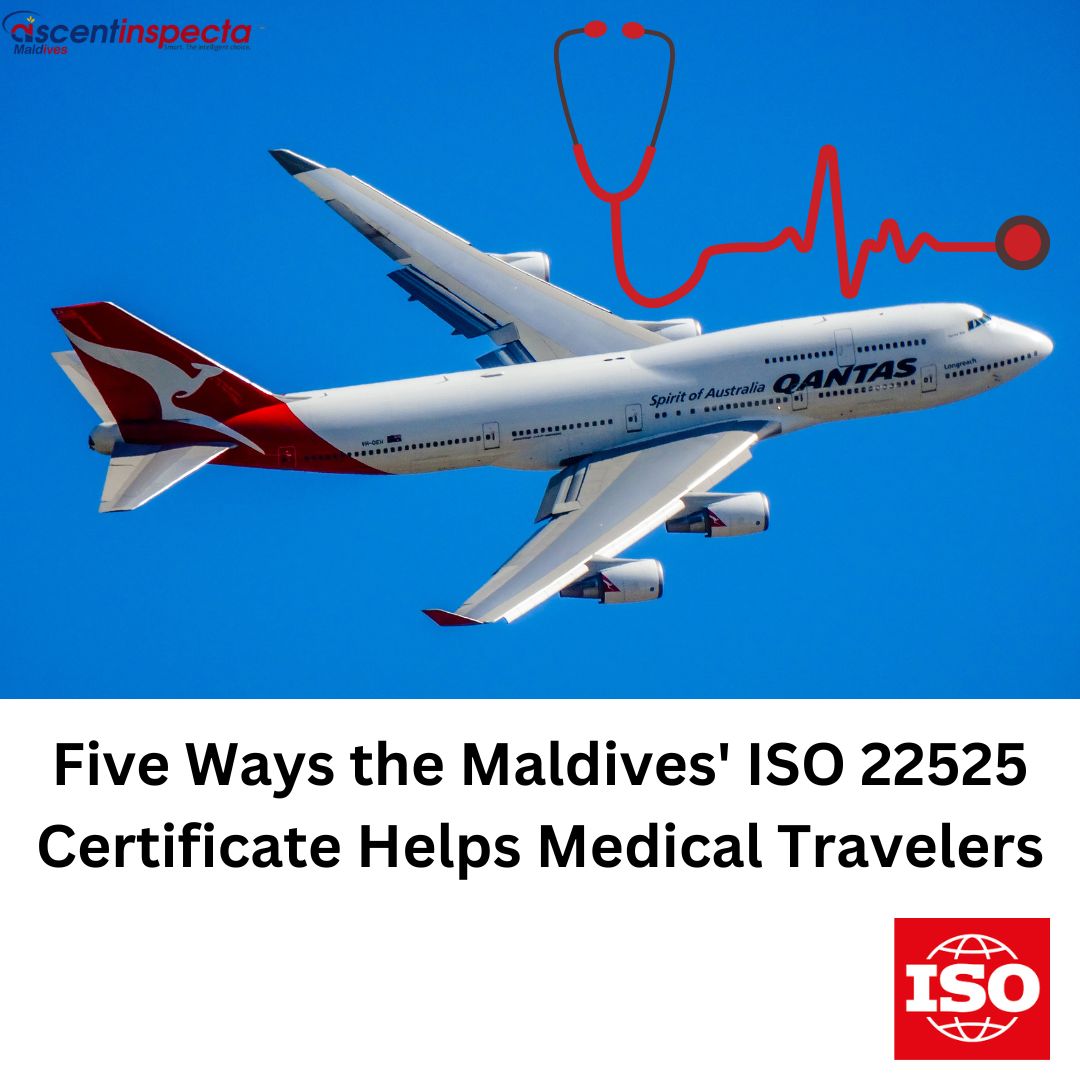
ISO 22525:2020
standards has never been more crucial. That’s where ISO 22525 comes into play.ISO 22525:2020, officially titled "Medical tourism — Service requirements", is an international standard specifically.
Read More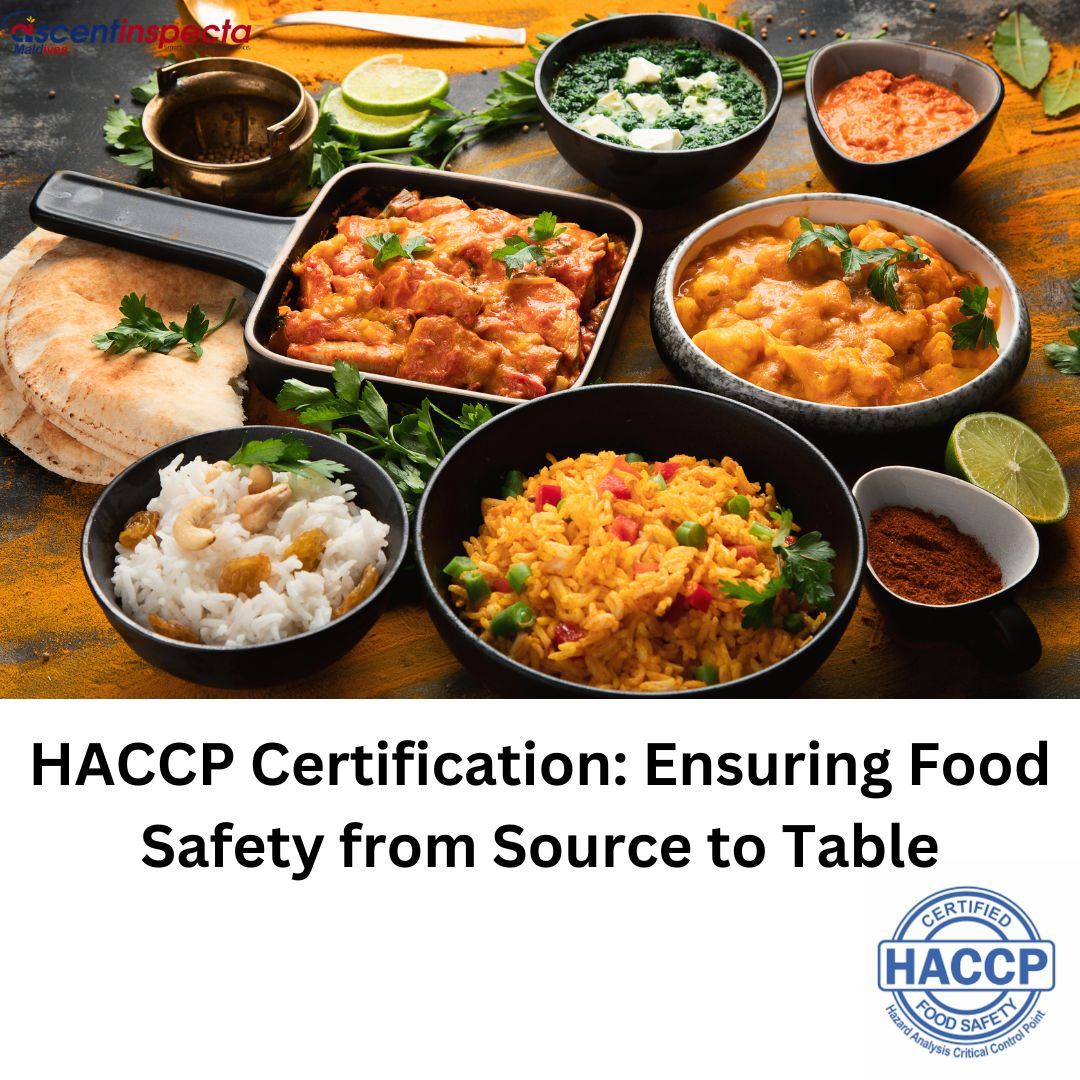
HACCP Certification
HACCP is a systematic, science-based approach to identifying, evaluating, and controlling food safety hazards. It is recognized internationally and endorsed by major food safety.
Read More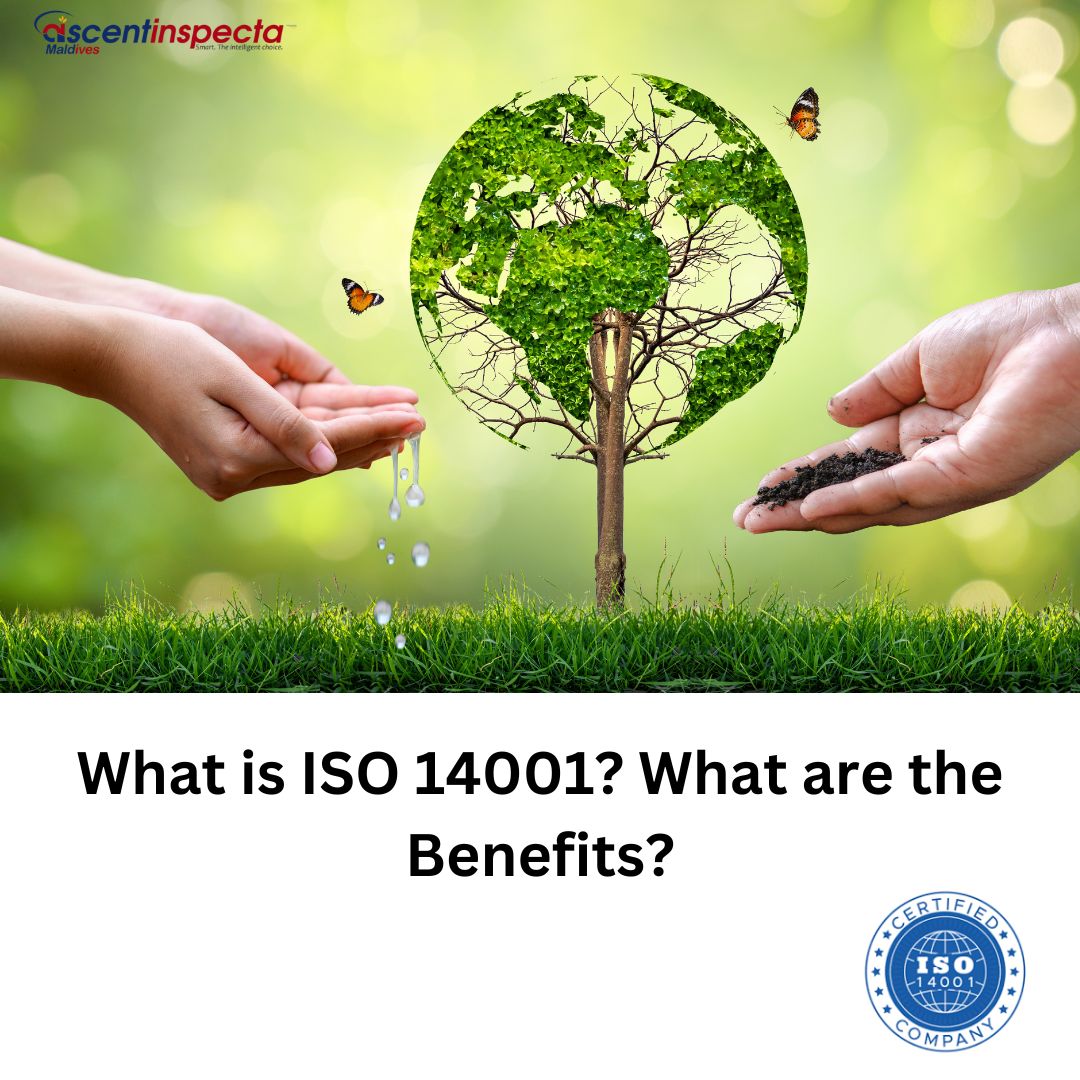
ISO 14001
ISO 14001 is an international standard developed by the International Organization for Standardization (ISO) that specifies requirements for an effective Environmental Management System (EMS).
Read More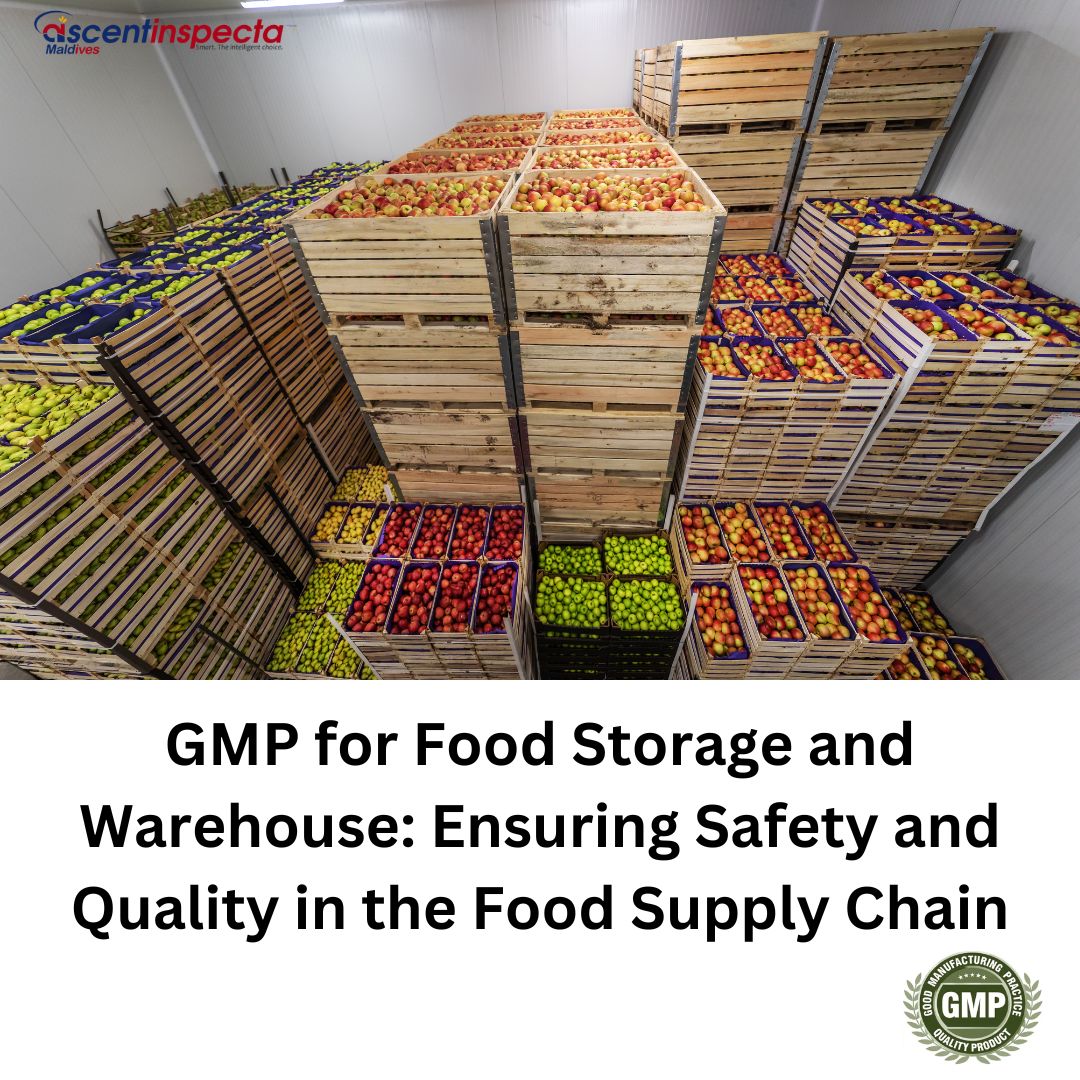
GMP for Food Storage and Warehouse
Good Manufacturing Practices (GMP) are a system of principles and procedures designed to ensure food safety and hygiene throughout production and post-production stages, including storage and distribution.
Read More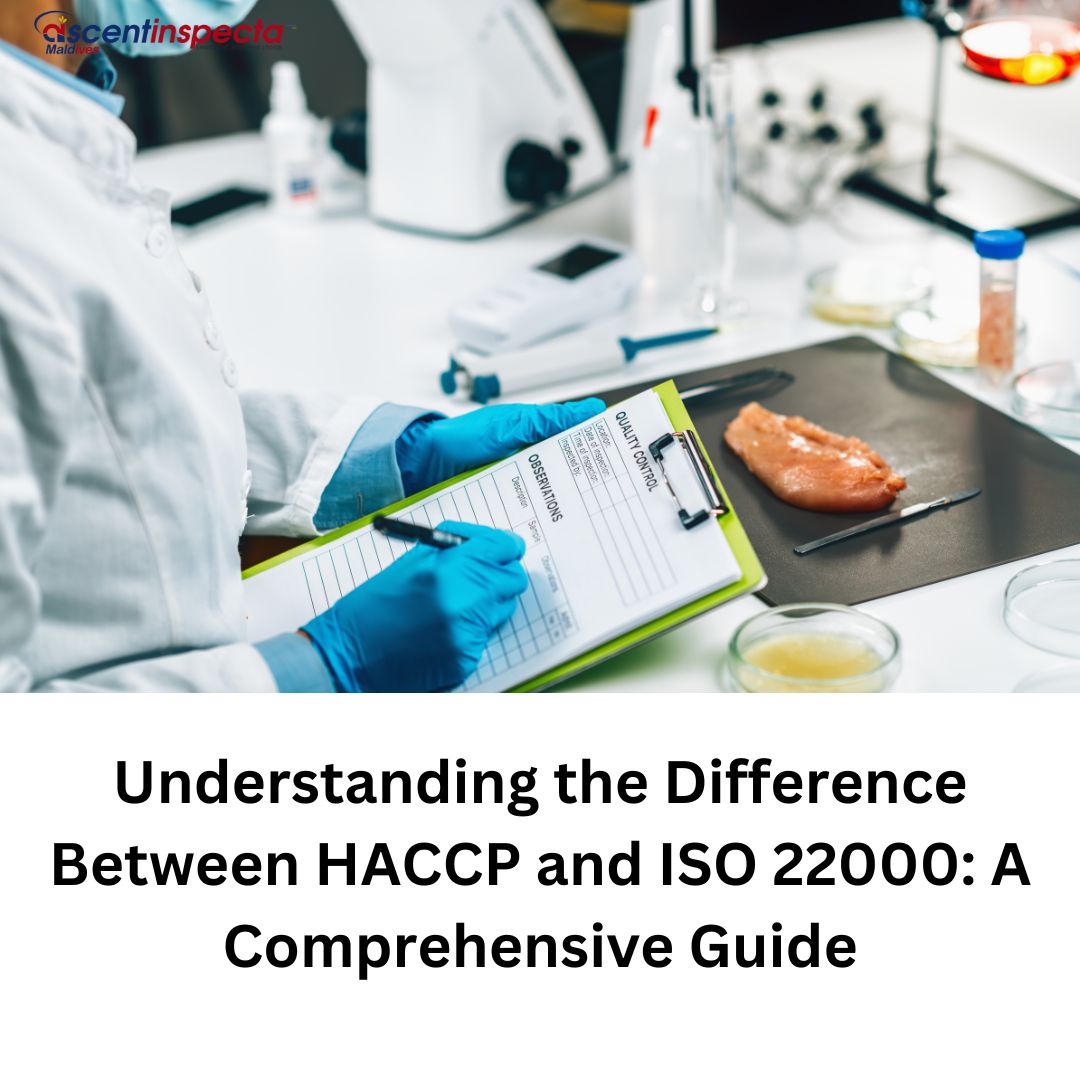
Difference Between HACCP and ISO 22000
Food safety is a global concern that affects public health and business sustainability. Organizations in the food industry must comply with recognized food safety.
Read More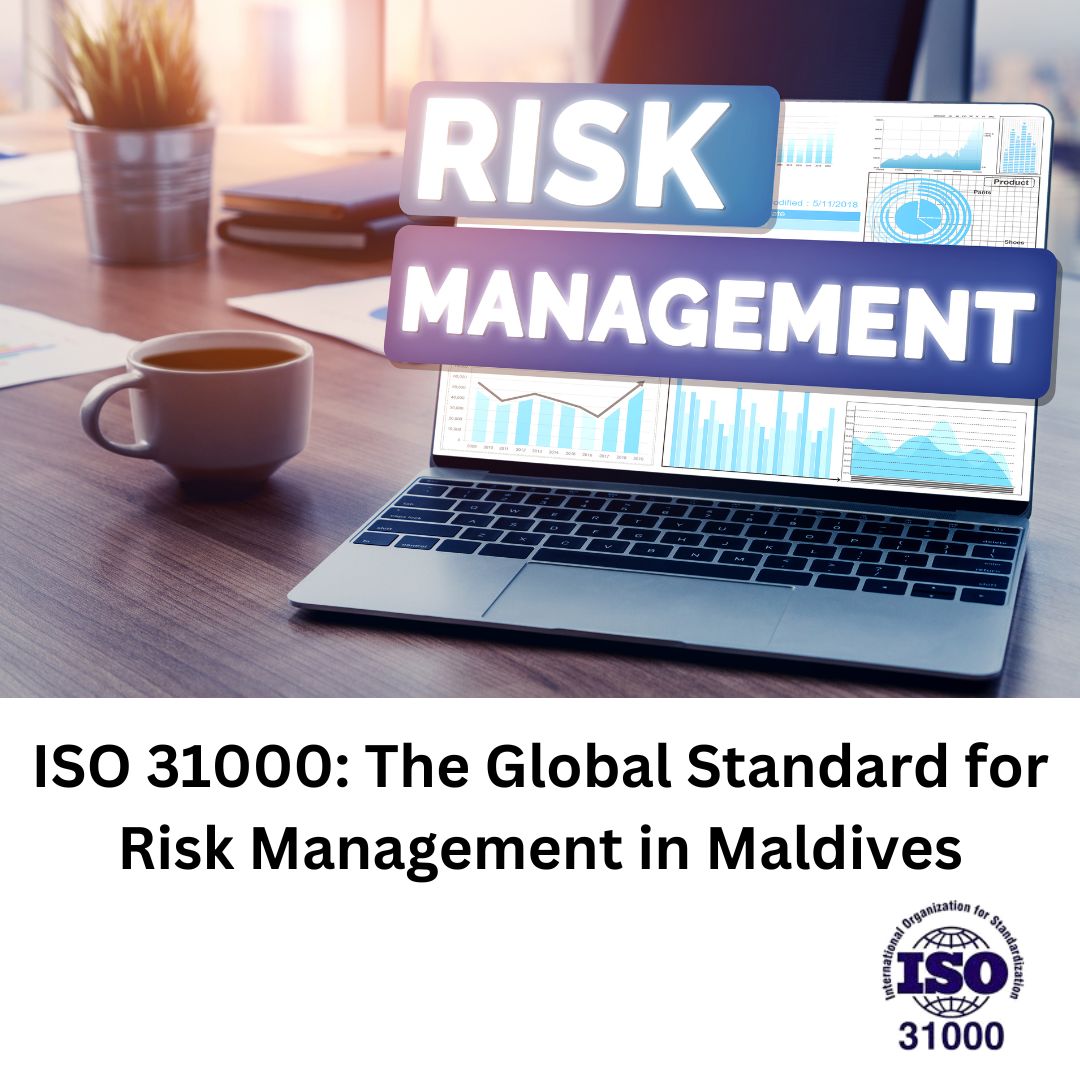
ISO 31000
ISO 31000 is an international standard developed by the International Organization for Standardization (ISO) that provides guidelines and principles for effective risk management.
Read More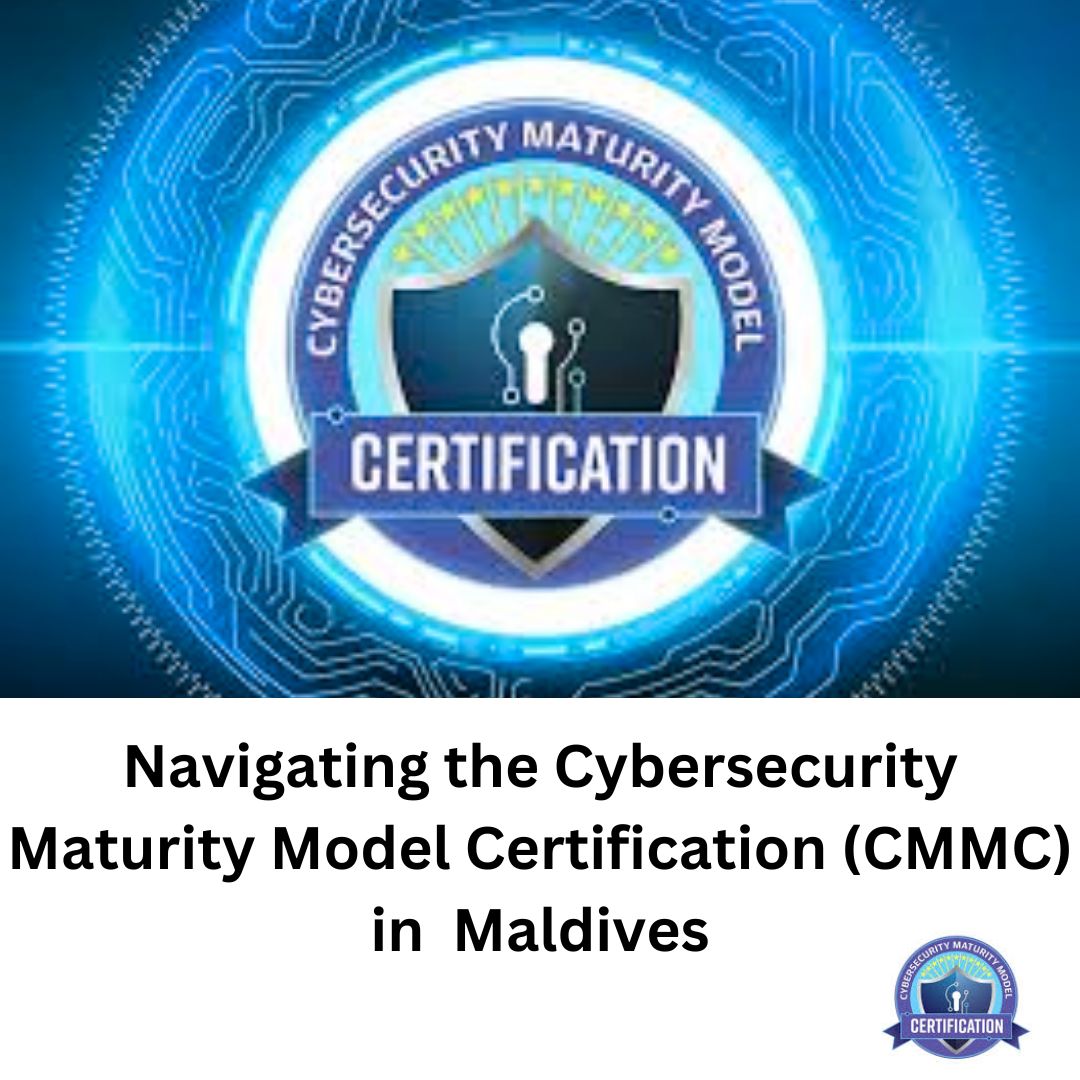
CMMC
The CMMC is a tiered certification system designed to assess and enhance the cybersecurity maturity of organizations handling Controlled Unclassified Information (CUI).
Read More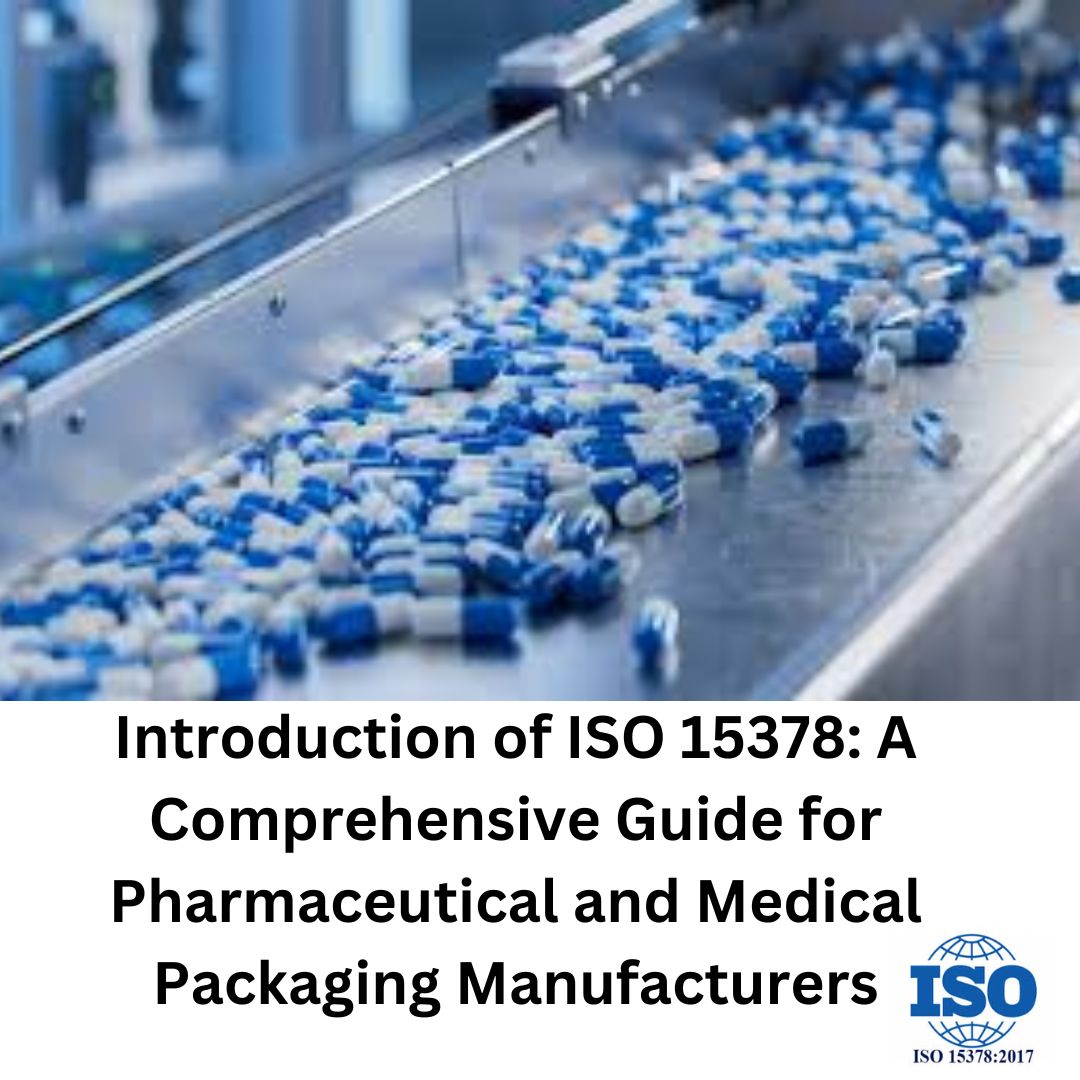
ISO 15378
What is ISO 15378?
. One such standard, ISO 15378, specifically addresses the quality management systems (QMS) for manufacturers of primary packaging materials that come into direct contact.
Read More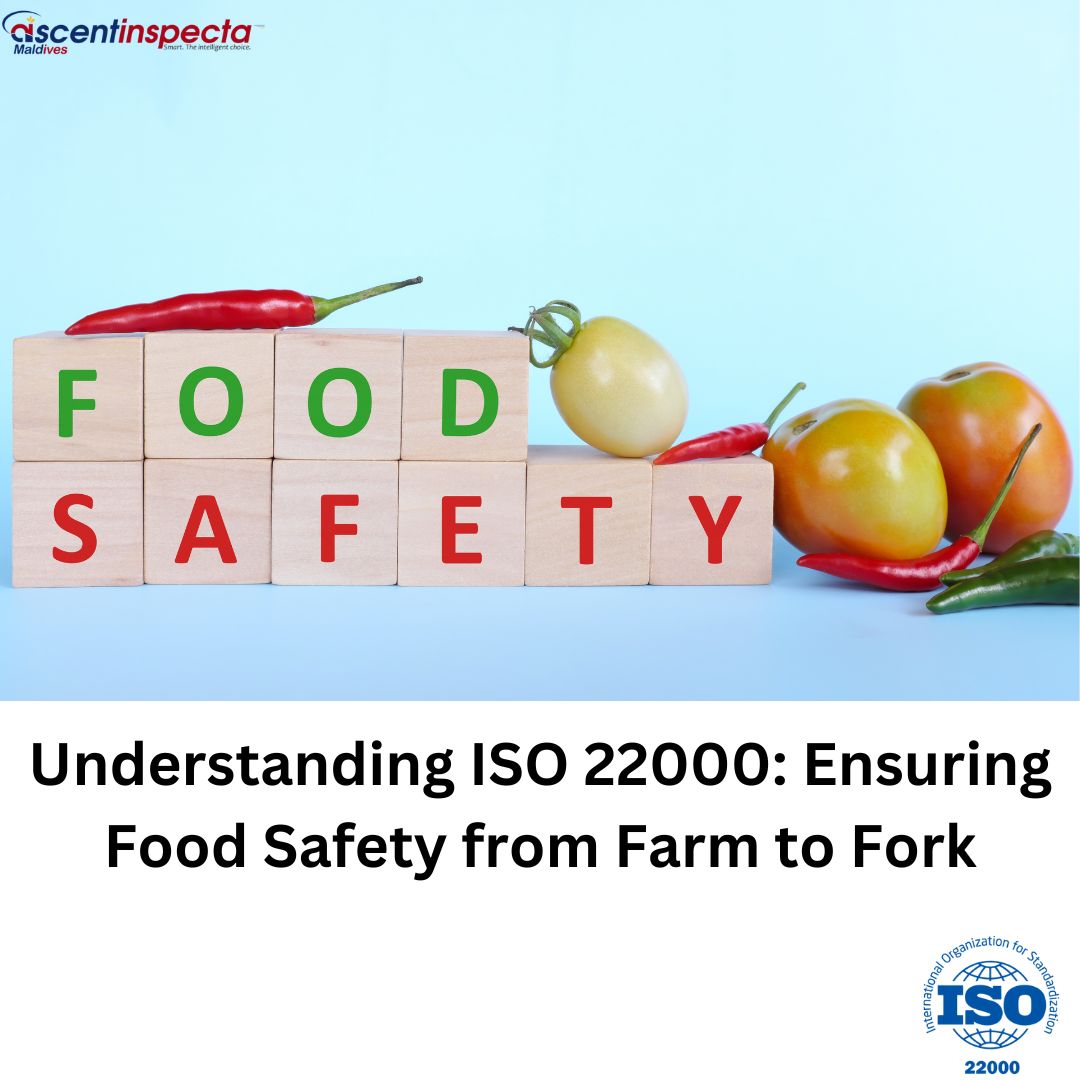
ISO 22000
What is ISO 22000?
ISO 22000 is an international standard developed by the International Organization for Standardization (ISO),from production to processing, packaging, distribution, and even retail.
Read More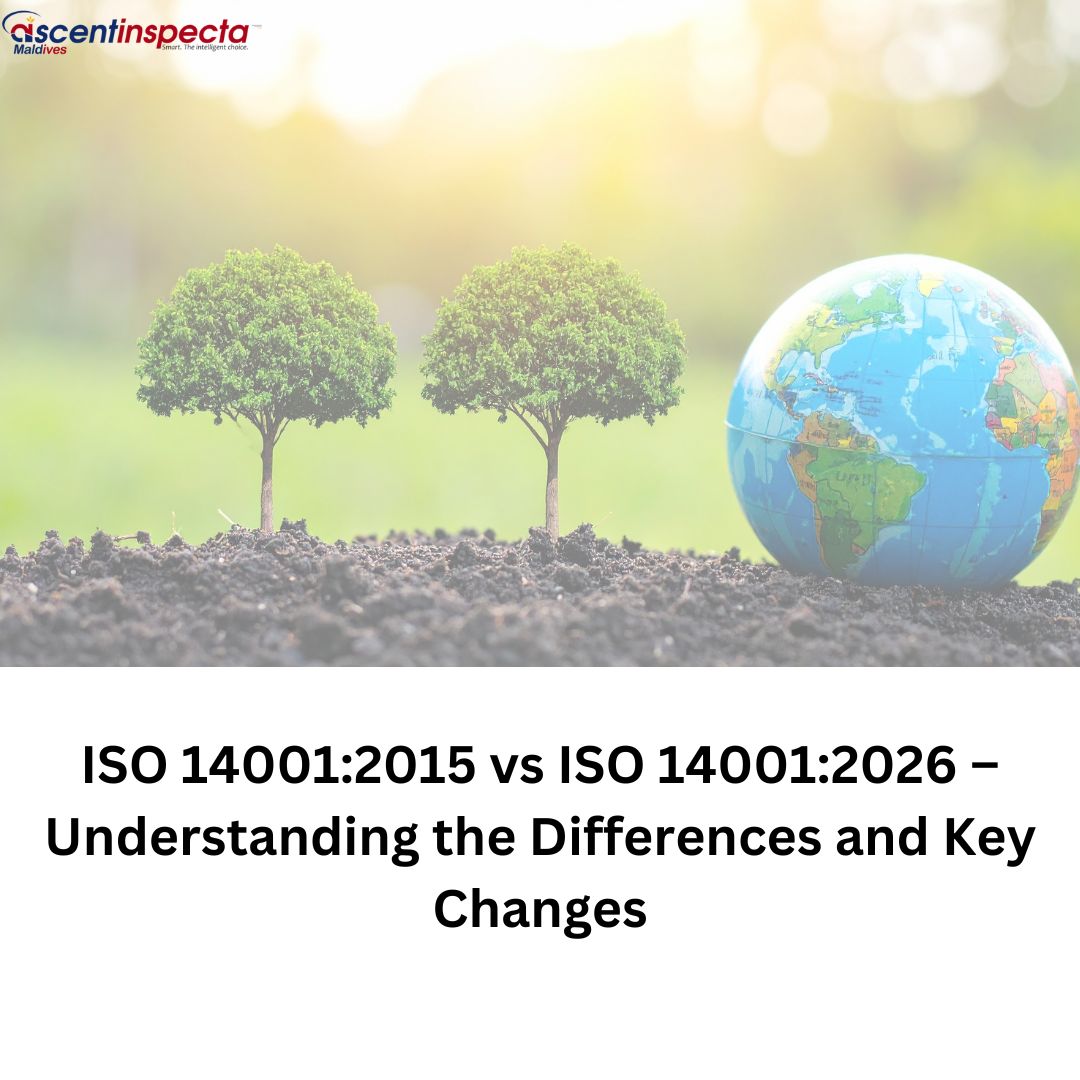
ISO 14001:2015 vs ISO 14001:2026
The latest revision of this standard, ISO 14001:2026, is set to replace ISO 14001:2015, bringing updates that align with modern environmental challenges, sustainability goals, and global regulatory.
Read More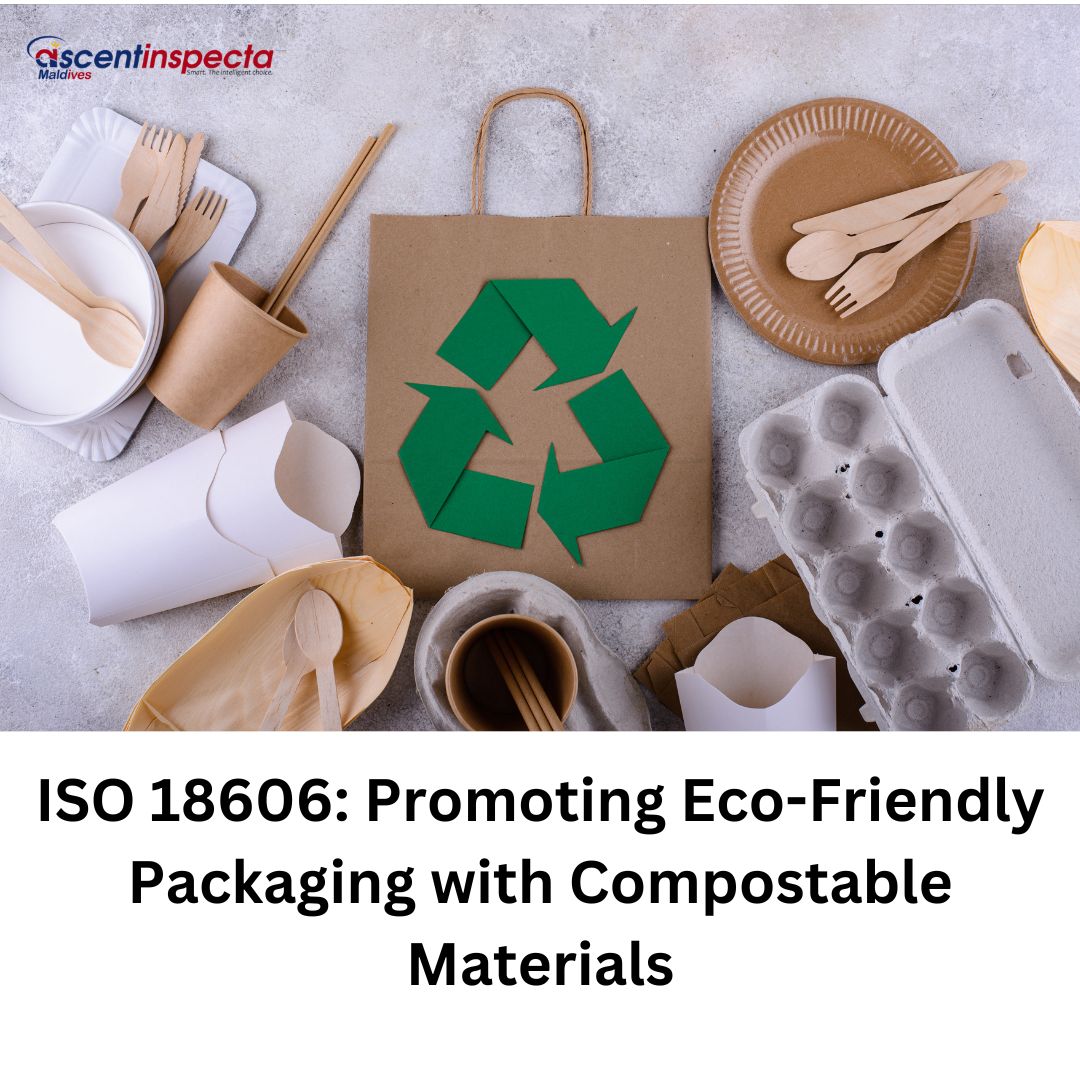
ISO 18606: Promoting Eco-Friendly Packaging with Compostable Materials
In a world increasingly concerned about the environmental impact of packaging waste, sustainability has become a vital goal for businesses and consumers.
Read More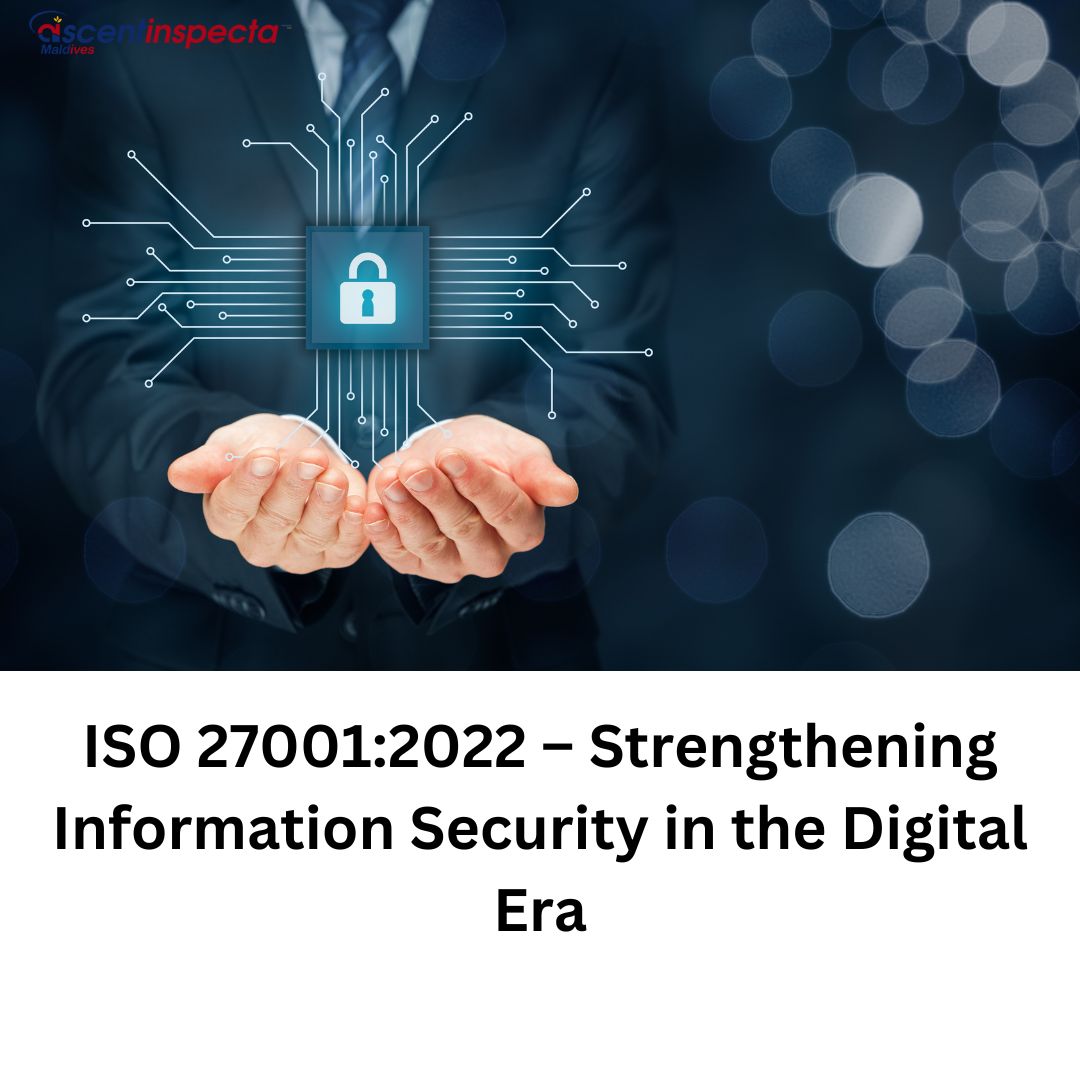
ISO 27001:2022
ISO 27001:2022 is the latest version of the ISO 27001 standard, updated to meet modern cybersecurity challenges.It provides a framework to implement an effective Information Security Management System.
Read More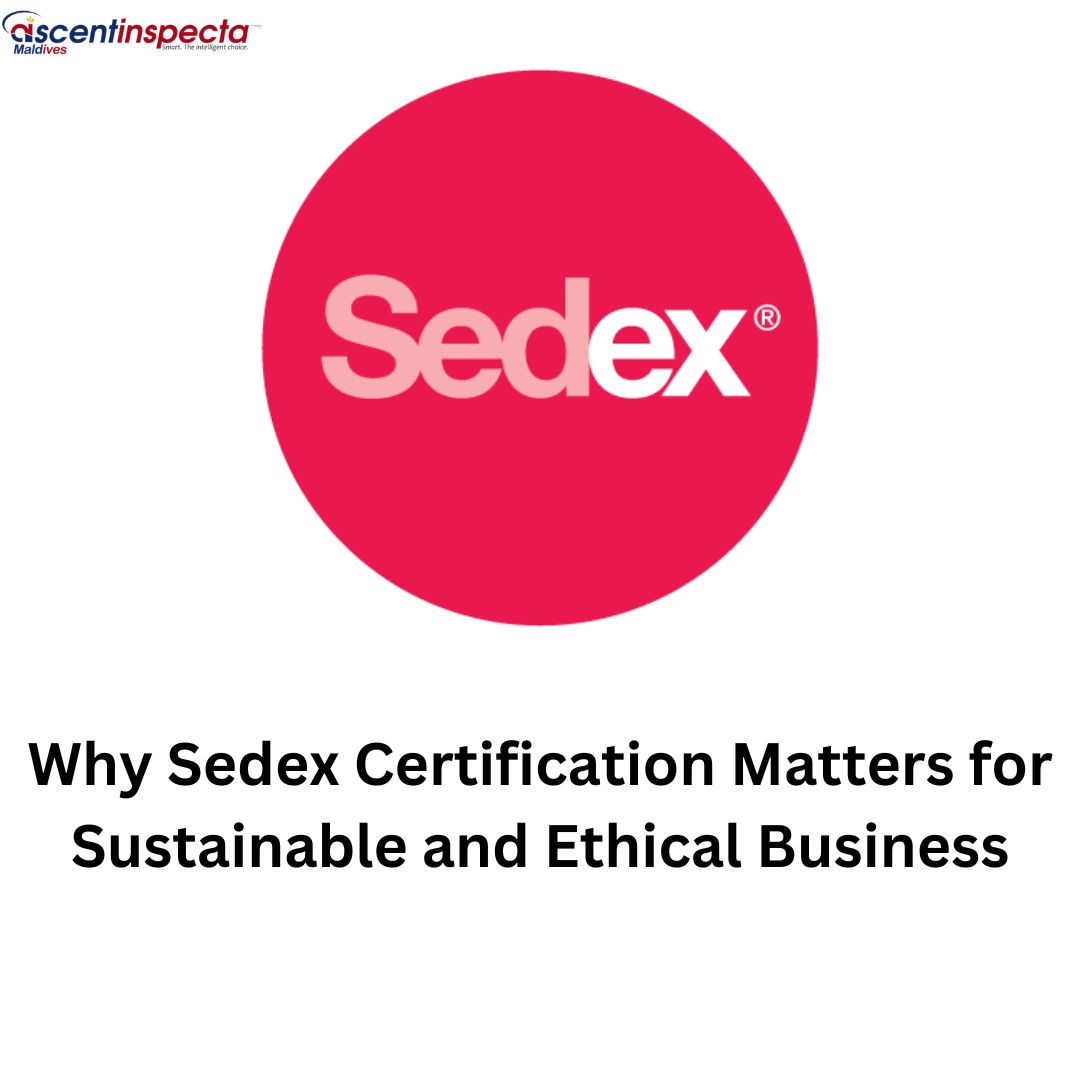
Why Sedex Certification Matters for Sustainable and Ethical Business
Sedex Certification refers to an organization’s participation and compliance with the Sedex platform and its ethical performance requirements.
Read More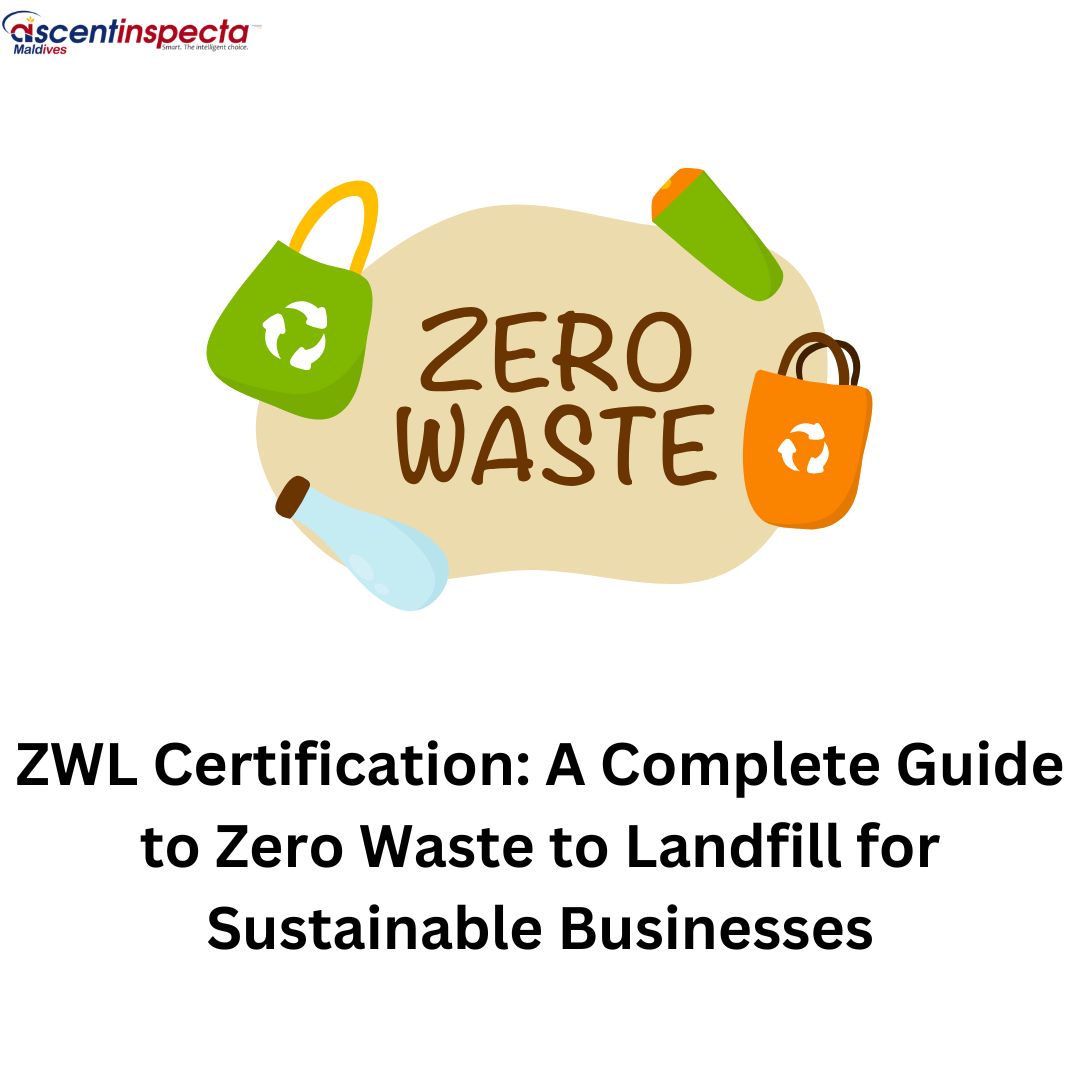
ZWL Certification: A Complete Guide to Zero Waste to Landfill for Sustainable Businesses
Zero Waste to Landfill (ZWL) Certification confirms that an organization diverts a defined percentage—often 90% to 100%—of its waste away from landfills.
Read More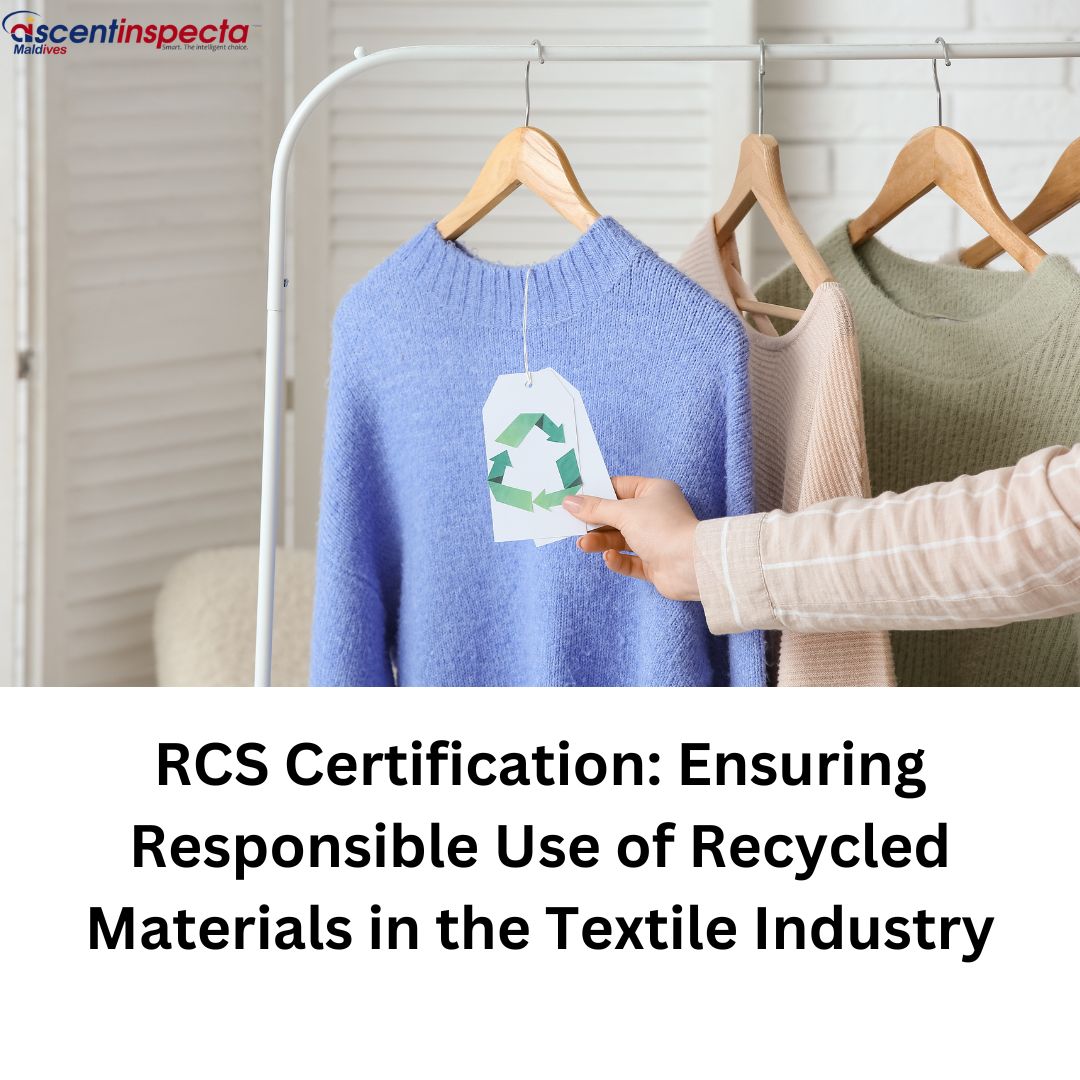
RCS Certification: Ensuring Responsible Use of Recycled Materials in the Textile Industry
The Recycled Claim Standard (RCS) is a voluntary, international standard used to track recycled raw materials through the supply chain.
Read More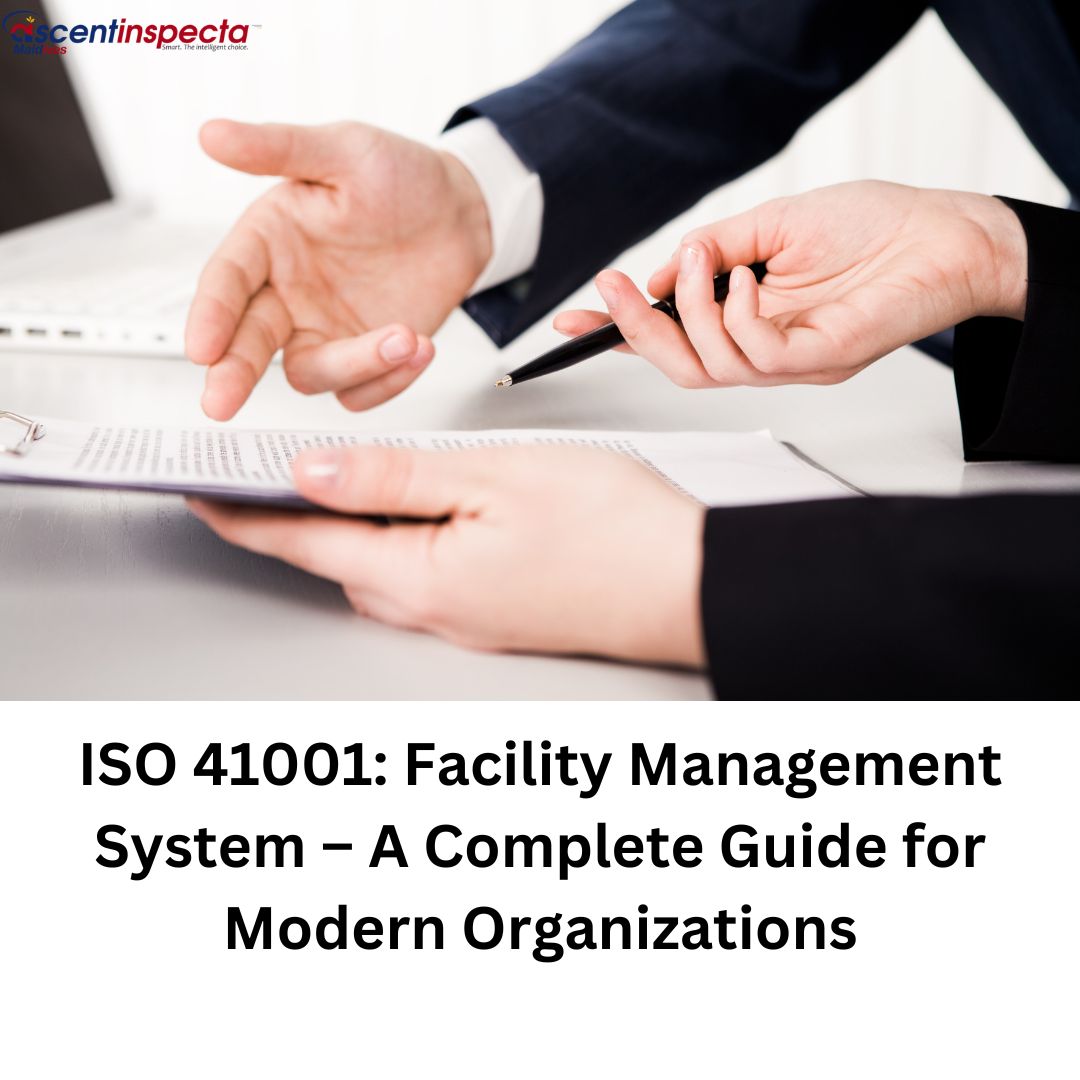
ISO 41001: Facility Management System – A Complete Guide for Modern Organizations
ISO 41001:2018 is an international standard developed by the International Organization for Standardization (ISO) that provides a framework.
Read More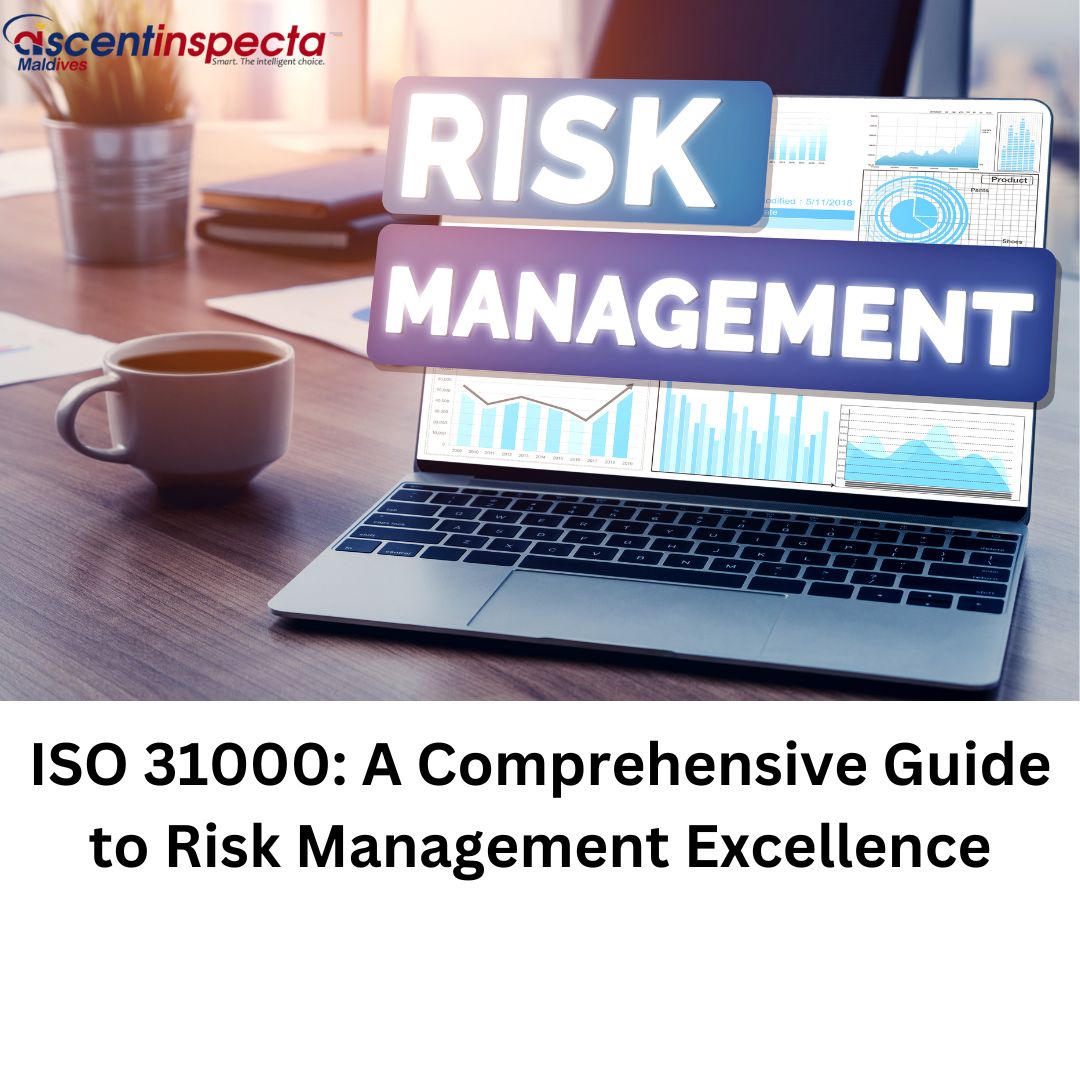
ISO 31000: A Comprehensive Guide to Risk Management Excellence
ISO 31000 is an international standard published by the International Organization for Standardization (ISO) that provides structured guidance on risk management.
Read More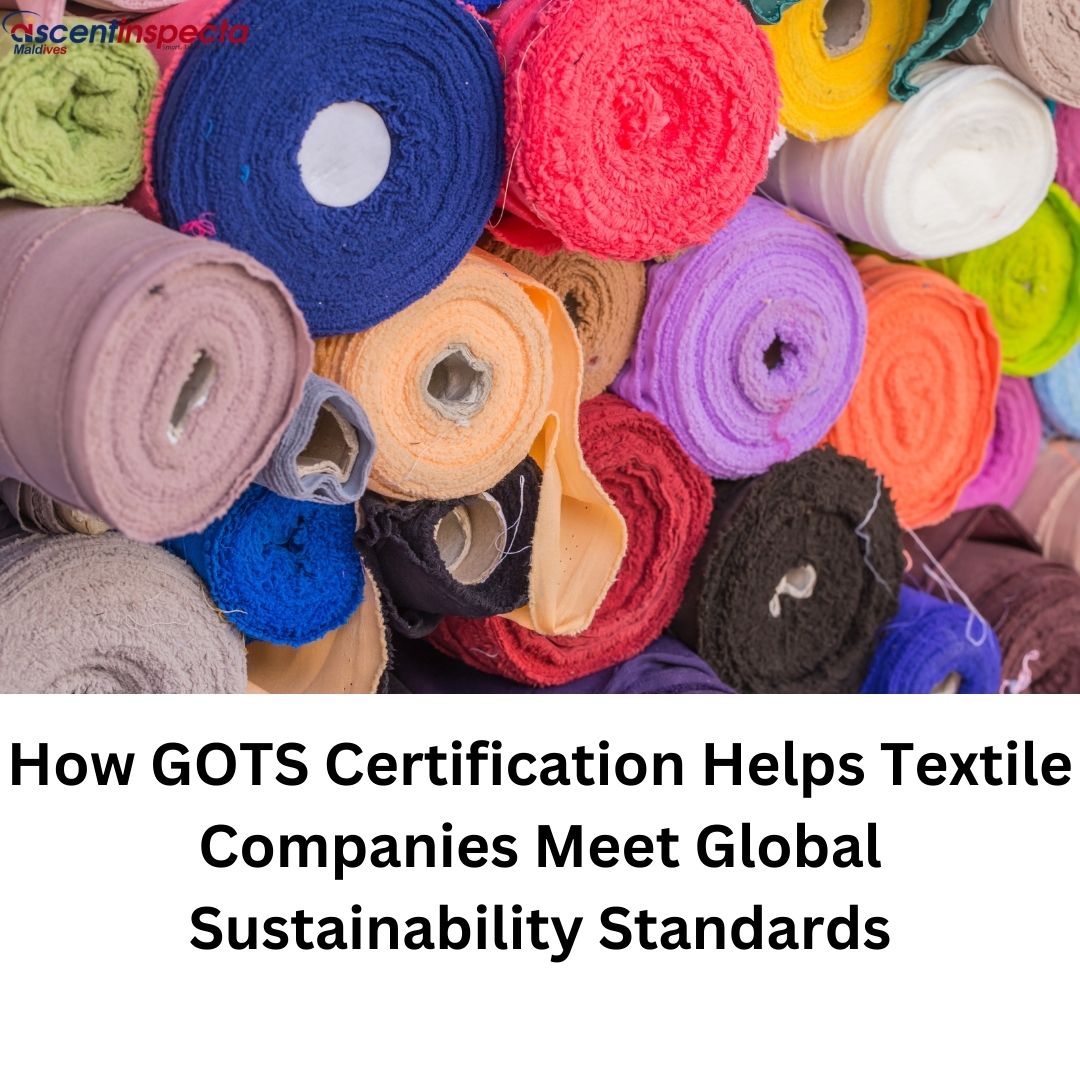
How GOTS Certification Helps Textile Companies Meet Global Sustainability Standards
GOTS (Global Organic Textile Standard) is the world’s leading certification for organic textiles, covering.
Read More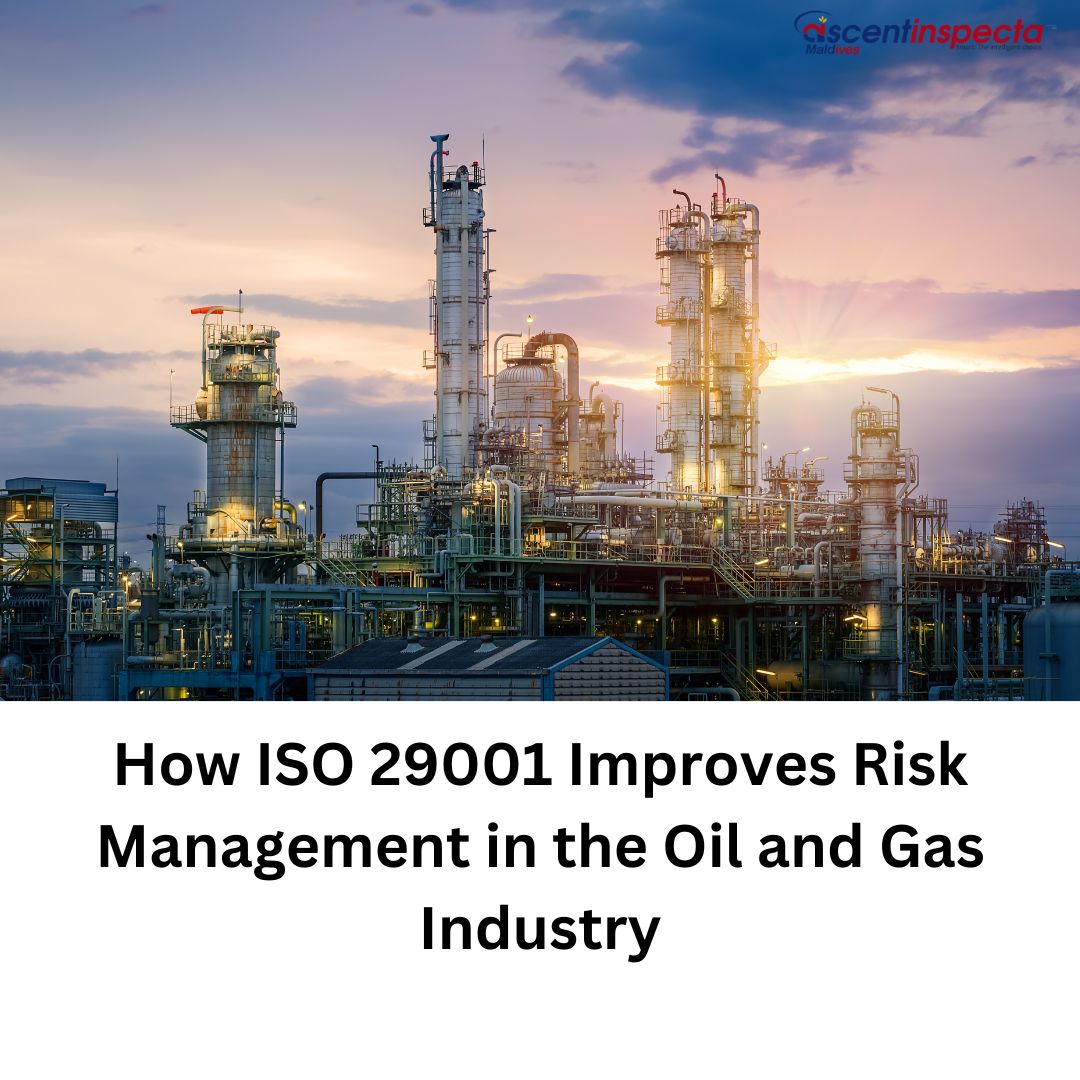
How ISO 29001 Improves Risk Management in the Oil and Gas Industry
This standard not only enhances quality and reliability but also provides a robust structure for risk management, enabling companies to identify, assess.
Read More
